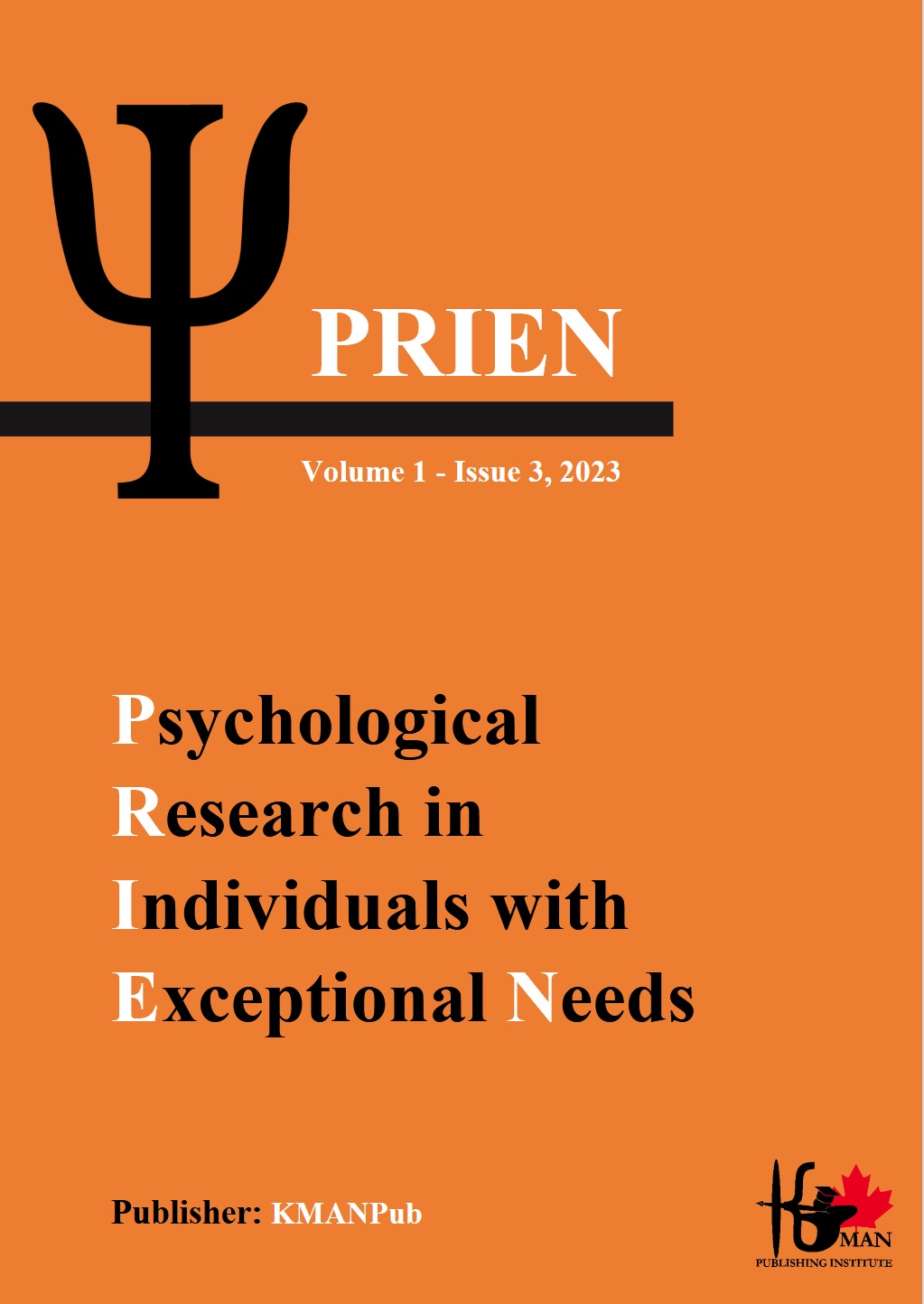Impact of Peer-Mediated Instructional Strategies within Inclusive Education Settings
DOI:
https://doi.org/10.61838/kman.prien.1.3.3Keywords:
Inclusive education, peer-mediated instruction, teacher perspectives, implementation strategies, educational benefits, challenges, professional developmentAbstract
This study aims to explore the insights of educators on the implementation and impact of peer-mediated instructional strategies within inclusive education settings. A qualitative research design was employed, involving semi-structured interviews with 22 educators currently working in inclusive educational settings. Participants were selected through purposive sampling to ensure a diverse representation of experience with peer-mediated instructional strategies. Data collection continued until theoretical saturation was achieved. The interviews were transcribed verbatim and subjected to thematic analysis to identify key themes and subthemes related to the implementation, benefits, and challenges of peer-mediated instructional strategies. The study identified five key implementation strategies: training and professional development, collaborative planning, resource availability, student pairing, and monitoring and feedback mechanisms. Educators reported numerous benefits, including academic improvement, social skills development, increased inclusion and acceptance, peer leadership, motivation and engagement, and behavioral improvements. However, they also highlighted significant challenges, such as time constraints, lack of resources, diverse student needs, teacher preparedness, peer dynamics, administrative support, and difficulties in evaluation and assessment. Based on these findings, the study recommends policy changes, enhanced teacher training programs, the development of collaborative networks, flexible implementation models, and increased student involvement. Peer-mediated instructional strategies show great potential for enhancing inclusive education by fostering academic and social benefits for all students. However, successful implementation requires addressing challenges related to resource availability, teacher preparedness, and administrative support. By prioritizing comprehensive training, collaborative planning, and adequate resources, educators and policymakers can improve the effectiveness of inclusive education practices.
Downloads
Downloads
Additional Files
Published
Issue
Section
License

This work is licensed under a Creative Commons Attribution-NonCommercial 4.0 International License.






